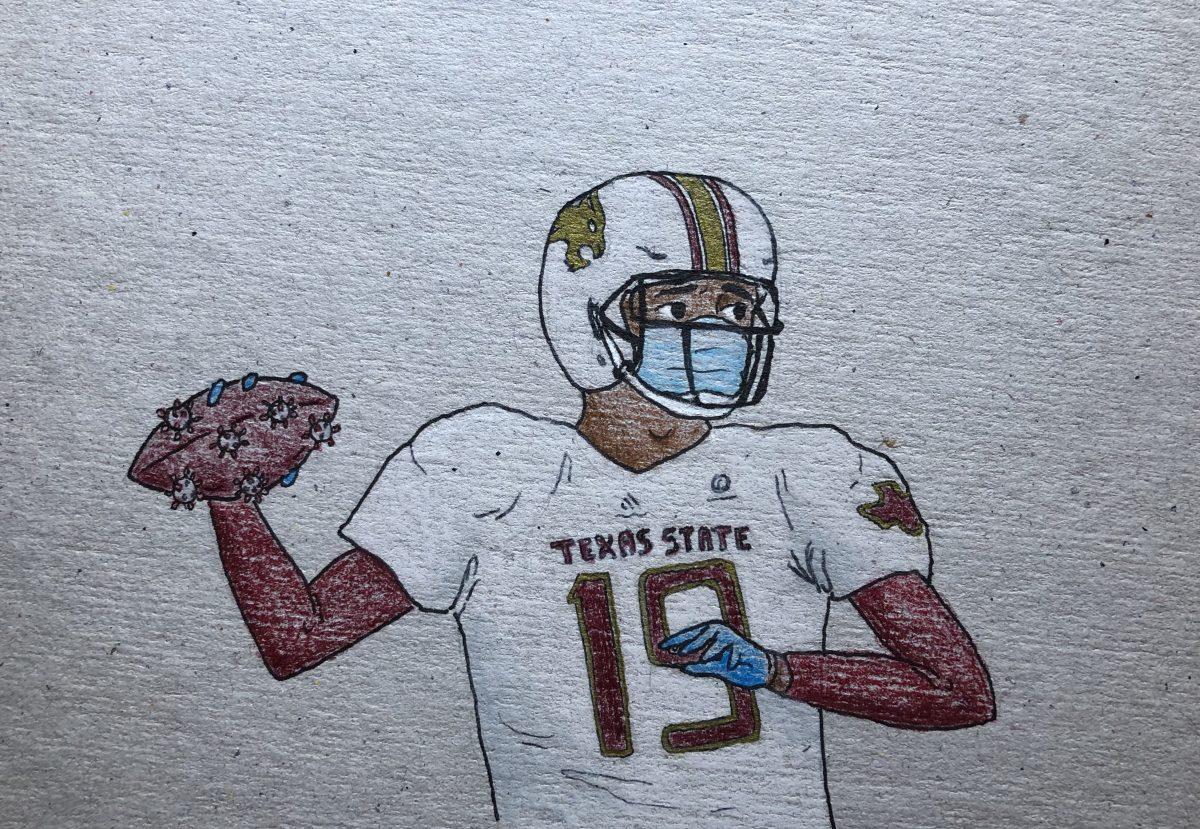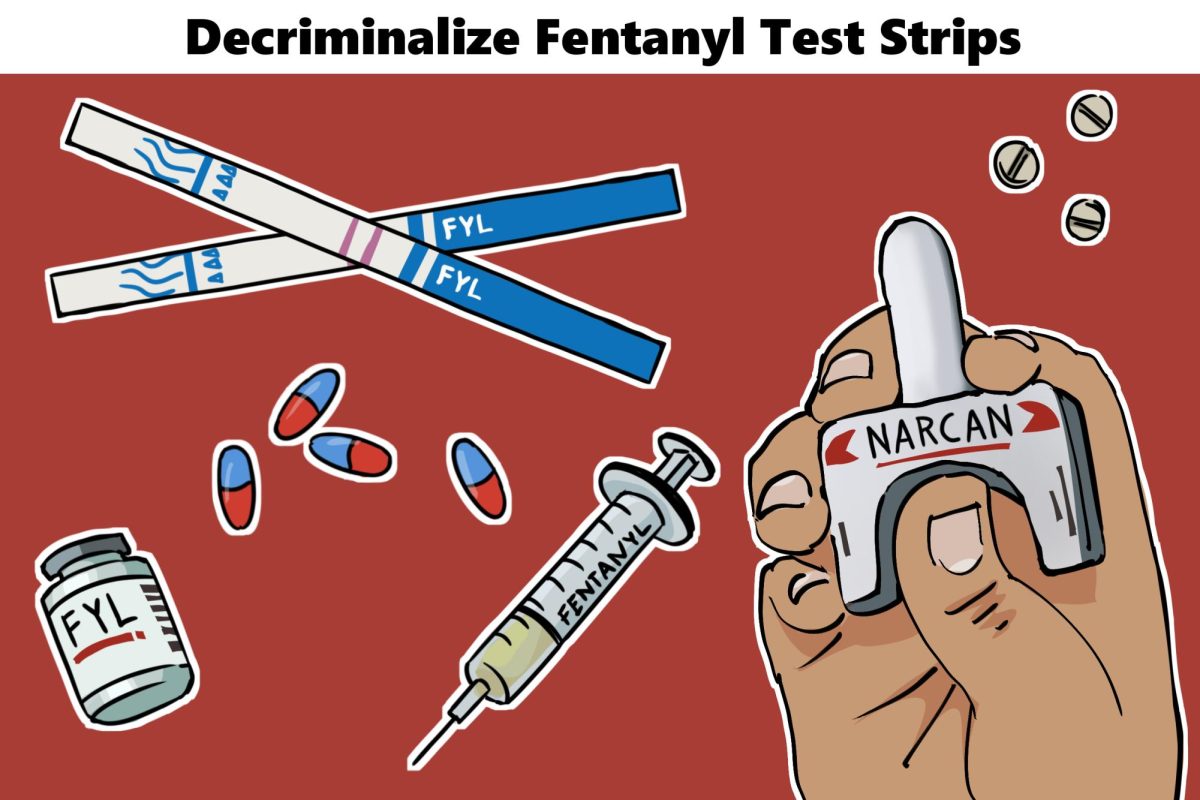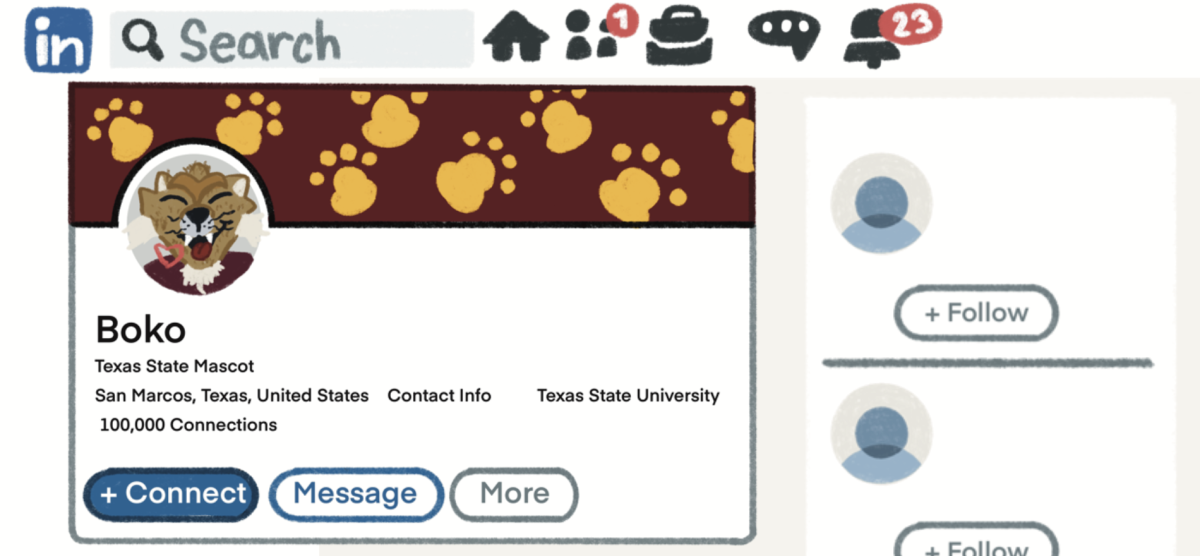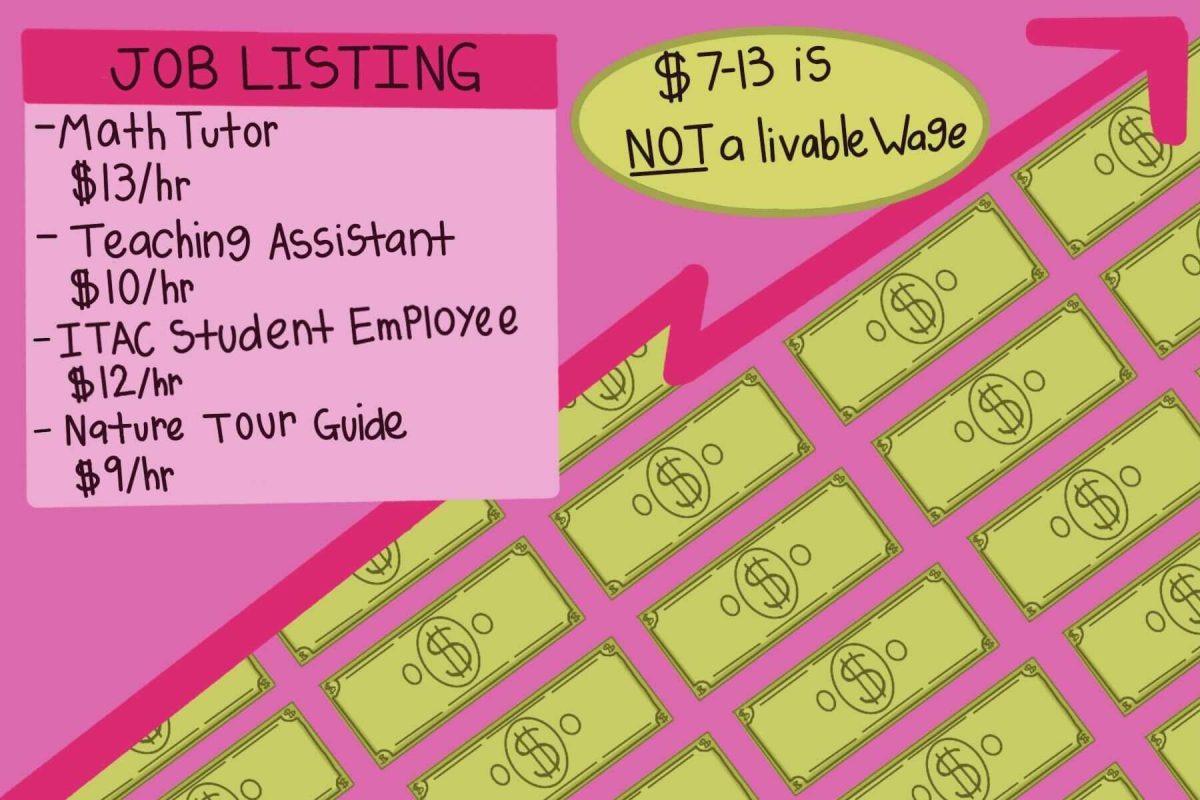Texas State should cancel the remainder of football games this semester to protect its athletes from contracting a disease that may have deadly long-term effects.
Football season in Texas is usually a joyful time for fans, especially at Texas State and many other colleges and universities. It is a time for tailgating, watching games with friends, standing in the concession stand lines and celebrating the athletes who bring home wins.
In the time of COVID-19, however, it has become a contentious source of struggle for professional teams, colleges/universities and secondary school teams.
Despite the precautions many schools are taking, COVID-19 continues to spread in college towns. In Texas, college towns have become hot spots for the spread of the disease. Due to this spread, many football games have already been postponed or canceled, in Texas and elsewhere. There is no reason to risk exposure.
Texas State has taken a number of safety measures at Bobcat Stadium—with social distancing markers, mask policies, sanitation stations and concessions menu changes. But the university is only asking that people self-screen for symptoms before going to watch a game in person—it is not testing attendees before games, like the University of Texas at Austin did for students before its home opener.
UT’s testing caught a 5.8% positivity rate—nearly three times as high as the campus-wide positivity rate of 2%.
Students comfortable attending a football game in a pandemic may be comfortable going elsewhere, too. Spencer Fox, a statistical epidemiology research associate at UT, credited this potential risk-taking behavior to the higher positivity rate in would-be football game attendees.
Student-athlete rights have been an issue long before COVID-19 was discovered. The question of student-athletes’ right to consent to play under these conditions is a huge one—when an athlete’s scholarship and ability to attend college may hinge on playing, some do not have much of a choice.
“I sat down with the team, and they want to play,” Head Coach Jake Spavital said prior to the season start. Of course the players want to play; it is a reason they probably chose to attend Texas State. However, even with all the protocols and guidelines the team is committed to following within its bubble, protection is not guaranteed.
For the first game against Southern Methodist University, junior quarterback Tyler Vitt was declared inactive due to COVID-19 protocols. Sophomore quarterback Brady McBride was the next player declared inactive; he did not play in the games against the University of Texas at San Antonio and University of Louisiana-Monroe. Vitt was again inactive in the team’s game against Boston College due to COVID-19 protocols. Other players will inevitably follow the same trajectory.
It is an unfair position student-athletes across the nation now occupy, and schools must take greater responsibility in protecting them.
Parties and other social gatherings in which one person with COVID-19 spreads the disease may lead to a student going to class and spreading it there. Hays County epidemiologist Eric Schneider has noticed a spike in positivity rates among 18-to-25-year-old residents and attributes that primarily to students coming back to town for the fall semester and getting comfortable—perhaps too comfortable.
While myocarditis in student-athletes who contracted COVID-19 is the most publicized long-term effect reported thus far, scientists are noticing more and more potential long-term effects in the general population.
Students who contract COVID-19 at a university and develop long-term sequelae may never be able to play at the level they once attained. They may never be able to pursue a professional sporting career. They may never even be able to play casual games with their friends. This disease contains the unknown.
This fate can be avoided by taking the most extreme precautions possible with these valuable young athletes—keeping them home, including from practice and games.
Texas State uses its athletes in promotional materials and revels in the glory of the wins they obtain. At the very least, some consideration for their health and safety is owed.
-Toni Mac Crossan is a biology graduate student
The University Star welcomes Letters to the Editor from its readers. All submissions are reviewed and considered by the Editor-in-Chief and Opinion Editor for publication. Not all letters are guaranteed for publication.
Opinion: Football is not worth athletes risking long-term COVID-19 complications
Toni Mac Crossan, Opinion Columnist
September 29, 2020
0
Donate to The University Star
Your donation will support the student journalists of Texas State University. Your contribution will allow us to purchase equipment and cover our annual website hosting costs.
More to Discover














